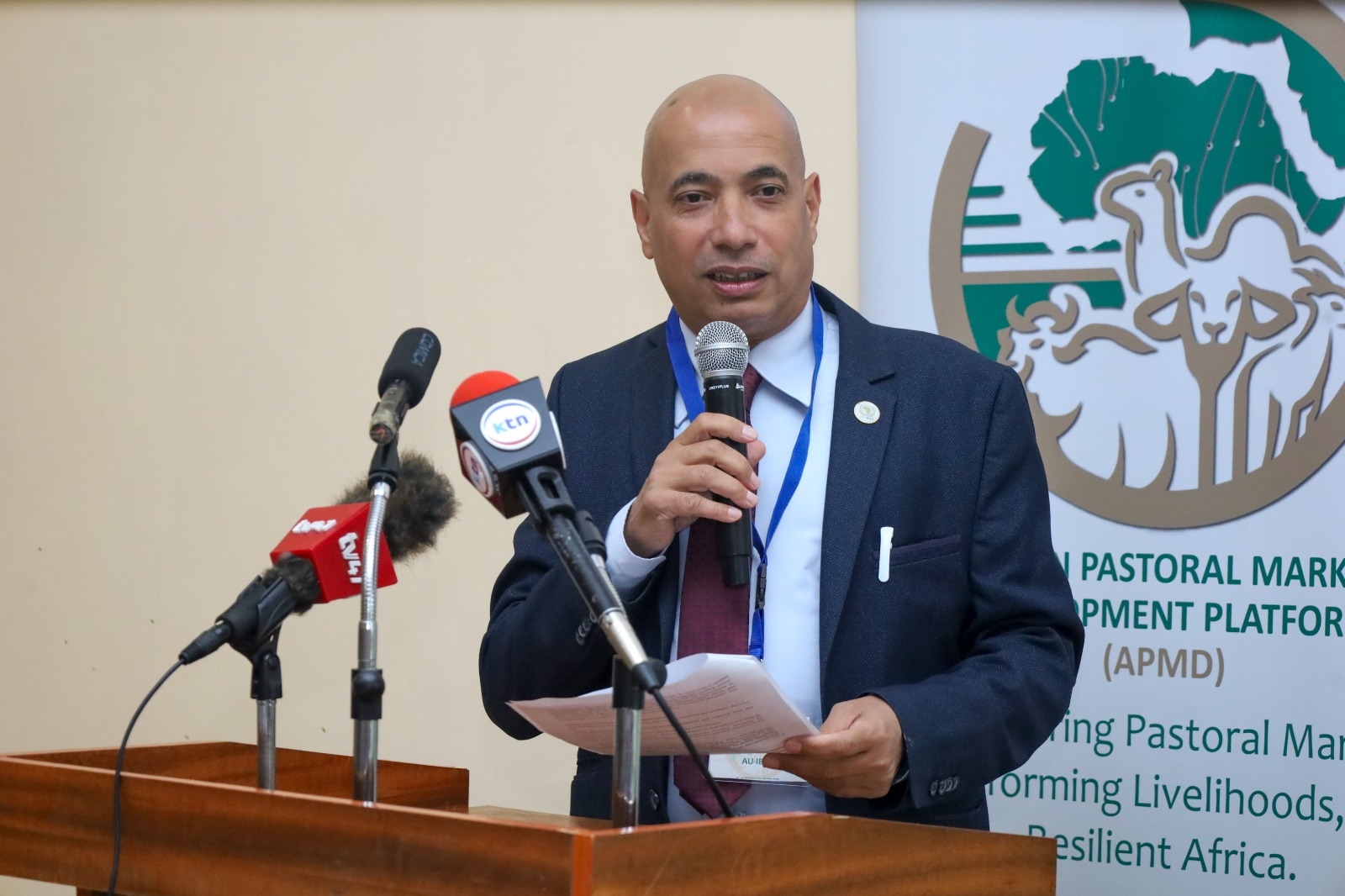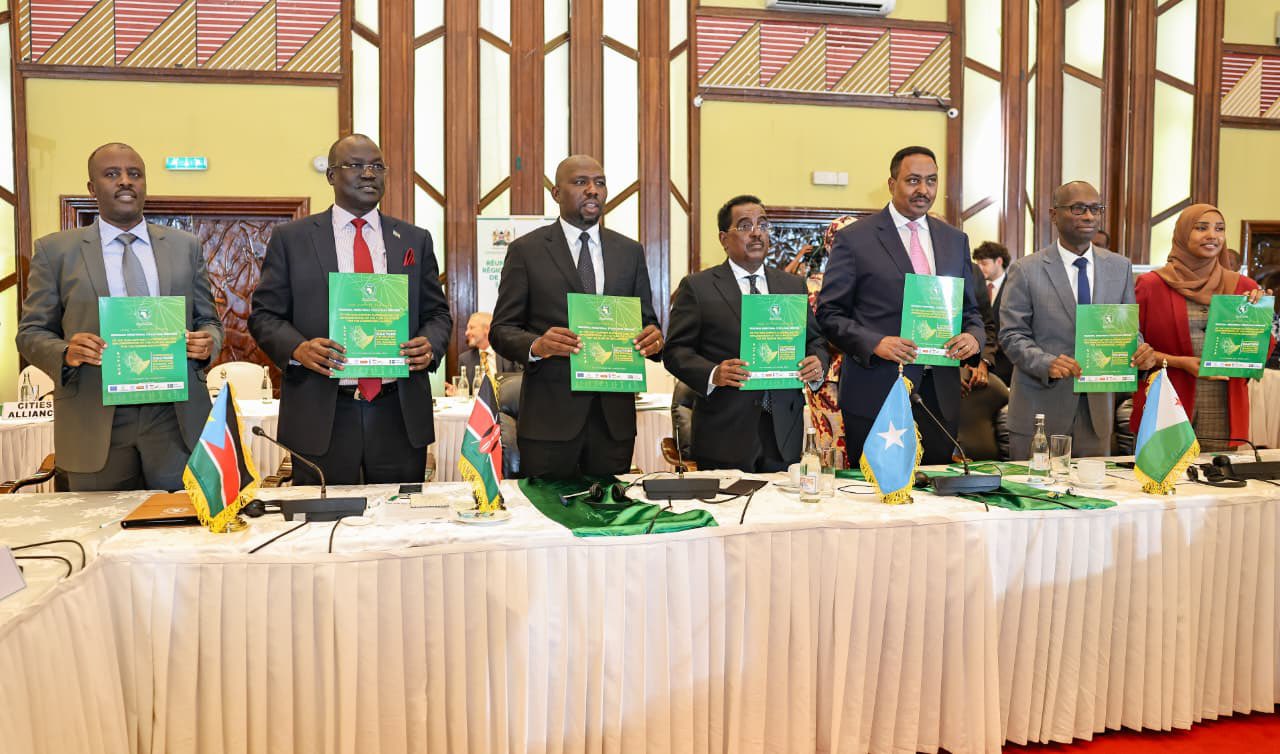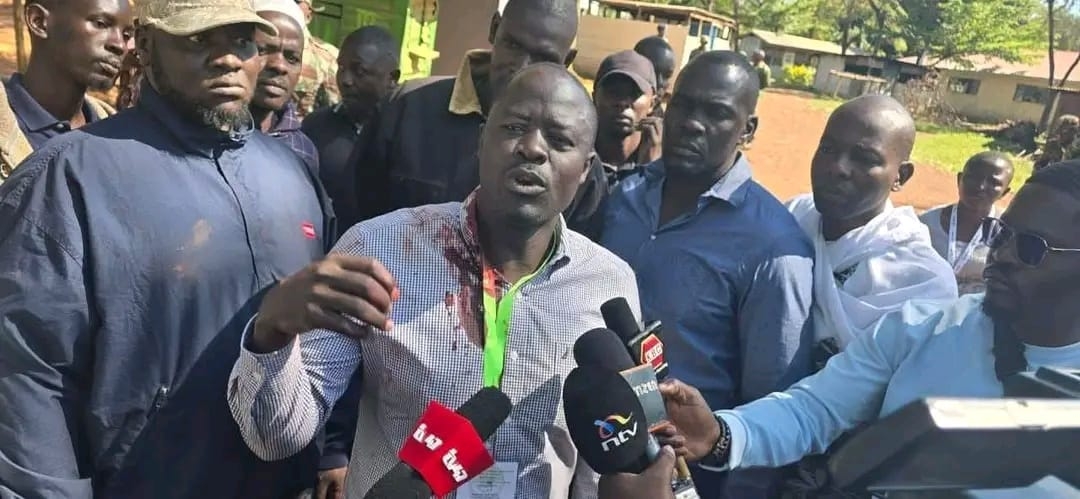

IGAD member states have adopted a set of strengthened
commitments to advance protection, inclusion, and durable solutions for
refugees, returnees, internally displaced persons (IDPs), stateless persons,
and host communities across the region.
The pledges were issued in a communiqué released on Thursday
following a ministerial stocktaking meeting of the IGAD Support Platform held
in Nairobi.
Ministers from Djibouti, Ethiopia, Somalia, South Sudan,
Uganda, and Kenya, alongside IGAD Executive Secretary Dr. Workneh Gebeyehu,
reaffirmed regional solidarity amid escalating humanitarian needs, including
the ongoing conflict in Sudan that has caused unprecedented displacement.
“We commit to maintain the solidarity and generosity of
Member States and communities in the region to provide asylum to persons in
need of international protection and durable solutions,” the communiqué stated.
It outlined 13 commitments aimed at reinforcing
implementation of the 2017 Nairobi Declaration, its action plan, and subsequent
thematic frameworks on education, health, jobs, and durable solutions.
Member states pledged to maintain an open and generous
asylum space despite shrinking global humanitarian funding.
They committed to accelerating the implementation of
national legal and policy frameworks through capacity-building, improved data
systems, and multi-stakeholder coordination.
A major focus of the commitments is the enhanced inclusion
of displaced populations in national systems—covering education, recognition
and certification, healthcare, social protection, employment, civil
registration, digital identification, and climate action.
States also agreed to strengthen conditions in countries of
origin to support safe return and reintegration, including access to basic
services, documentation, and social protection.
Recognizing the growing impact of climate-related crises,
IGAD members pledged to ensure that both displaced and host communities are
included in climate action planning.
They called for expanded financing to address environmental
pressures and bolster resilience in refugee-hosting areas.
The ministers further agreed to strengthen early warning
systems and response mechanisms to anticipate and manage crises that could
trigger further displacement.
“To strengthen and operationalize early warning systems and
response mechanisms to anticipate, prevent, and manage conflict and crisis
situations that may exacerbate displacement,” the communiqué noted.
They appealed to international partners, civil society, and
the private sector for greater financial and technical support to sustain
humanitarian, development, and peacebuilding programmes in the region.
In a significant step toward inclusive governance, the
communiqué called for the meaningful participation and leadership of refugees
and displaced persons in national and regional policymaking.
It also tasked the IGAD Secretariat with mapping ongoing
investments in displacement-related interventions and convening regular
strategic meetings to track progress.
The ministers urged the international community to support
efforts to restore peace in Sudan and endorsed a whole-of-society approach to
promote collaboration across humanitarian, development, and peace actors.
The communiqué also advanced the localization agenda by
calling for stronger partnerships with local authorities, refugee-led groups,
and civil society, supported by increased funding and technical assistance.
In his opening remarks, Dr. Workneh called for strengthened
political leadership, coordinated regional action, and sustained investment to
address rising displacement pressures across the Horn of Africa.
He said the region must confront the scale of forced
mobility with clarity, unity, and seriousness of purpose.
He noted that the IGAD region hosts 5.1 million refugees—70
per cent of them women and children—making it one of the world’s largest
displacement hubs.
“In a region where 26.3 million people live away from their
homes not by choice but by circumstance, we can no longer treat mobility as an
exception,” he said, urging delegates to reinforce inclusion policies and
development-oriented approaches.
Workneh praised member states for progress made since the
2017 Nairobi Declaration, highlighting Kenya and Ethiopia’s integration of
refugees into national systems, Uganda’s self-reliance model, and Somalia’s
reintegration efforts. He also commended partners including the EU, World Bank,
Germany, Sweden, UNHCR, and UNDP for supporting regional reforms.
The Executive Secretary urged members to adopt a unified
communiqué ahead of the 2025 Global Refugee Forum and to strengthen the IGAD
monitoring framework to deliver one credible regional narrative.















